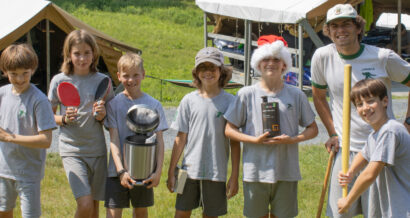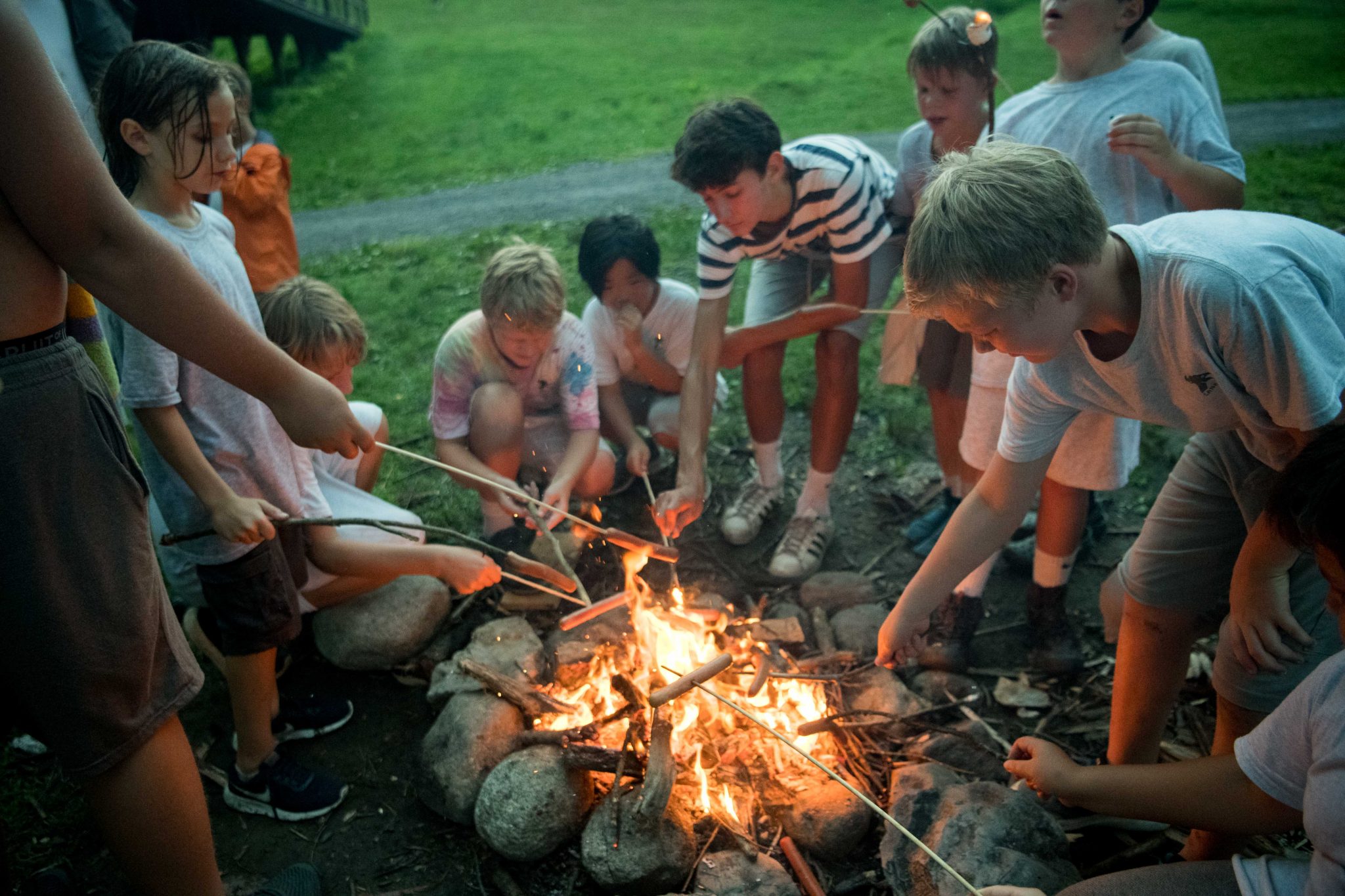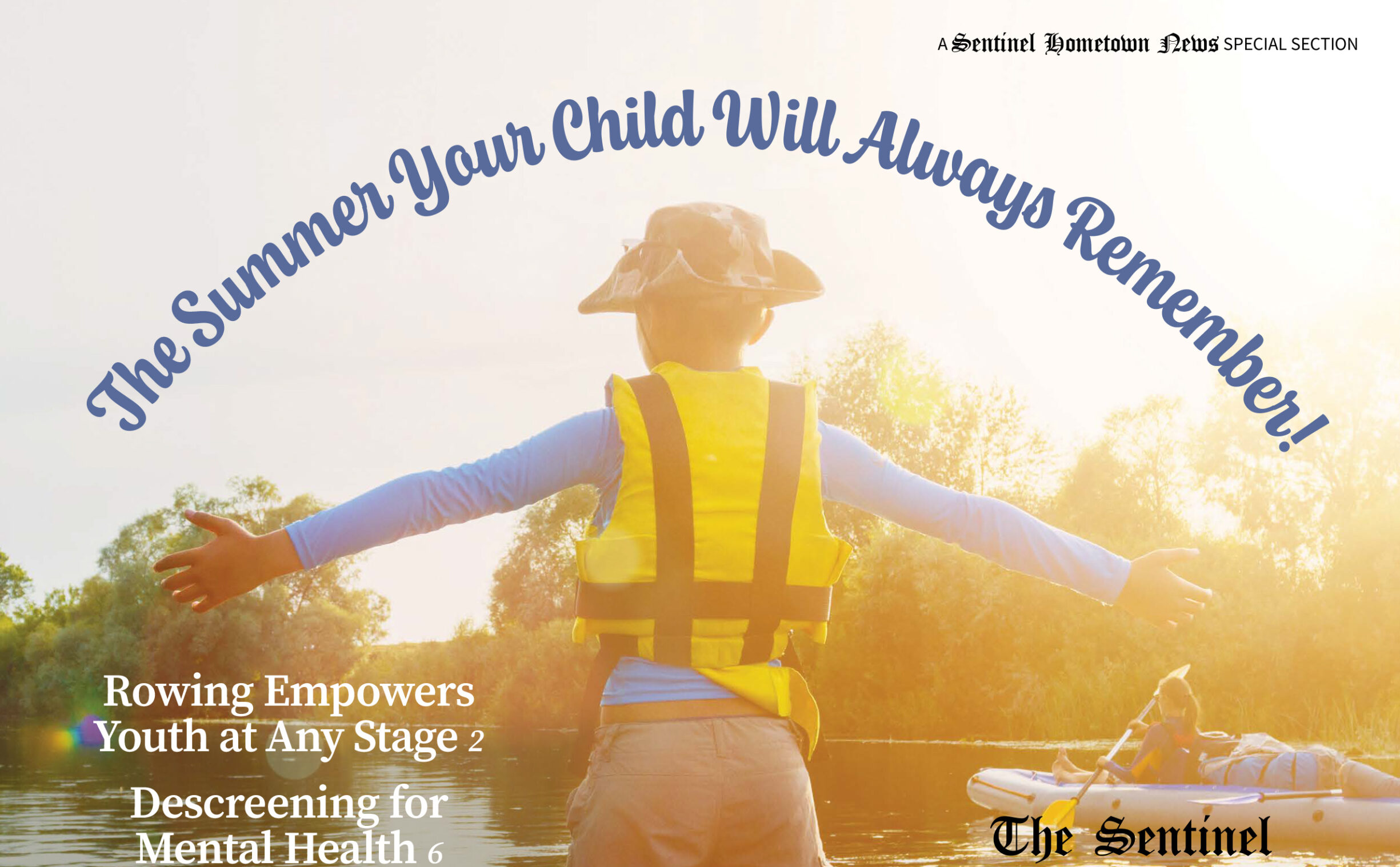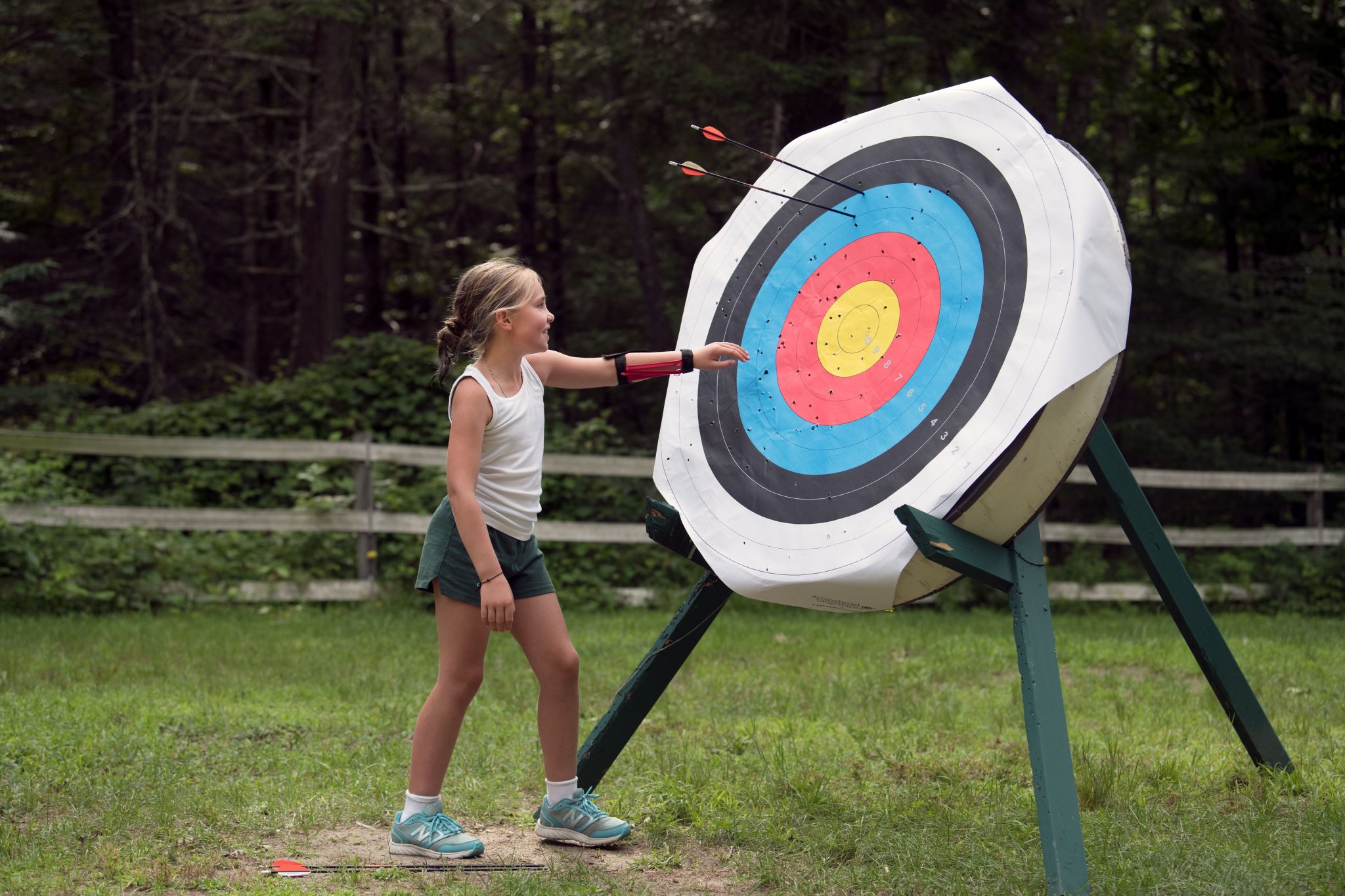 Article
Article
Why Camp: How Being a Camp Counselor Prepares You for College Better Than Any Other Job

In this six-post blog series, we are focusing on the value of camp. Our first post outlined why camp is an ideal growth environment for kids. This week, we share what we’ve seen time and time again: that camp prepares young people for college better than any other experience we know. (Re-posted from 2021.)
Why Camp: How Being a Camp Counselor Prepares You for College Better Than Any Other Job
Our younger staff members, ages 17-18, are integral to the success of our programs. They work hard each summer to give back to campers and help provide a fun and safe environment. And we are SO grateful. One of the perks of a job as a camp counselor—which sometimes flies under the radar—is the way an Aloha summer prepares a young person for college. College, you ask? Yes! Read on and see:
LIVING INDEPENDENTLY AND RESPONSIBLY
Aloha counselors are often surprised at how much camp serves as practice for living on their own and being able to manage life’s daily trials and tribulations. When it comes time to transition to college, a move that feels huge for some young people isn’t very intimidating to a veteran camp counselor. “I was really surprised when I first got to college at how many of my friends struggled,” says Amanda. “A lot of my roommates were homesick, or didn’t know how to do their own laundry, or figure out how to solve common daily problems, like running out of toothpaste or needing to get to class on time.” On the other hand, a camp counselor has already spent many summers of not only living on their own, but as being the head of the household! Being able to get somewhere on time without handholding? Check. Knowing how to stay clean and organized in very tight quarters? Check. Realizing you are responsible for your own well-being and fun? Check.
COLLABORATION
One of the things that every Aloha counselor can do is work as a team. Whether it be in your department, your unit, on a trip, or at the dinner table, you need to know how to communicate and work with other staff members and the campers in your care. This is actually a tricky skill and takes practice, which many young people find out when they get to college. “In my first year at university, I lived in a suite of five people,” Tom remembered. “Everyone talks about the disagreements that they had with their first-year roommates, but I didn’t really have that experience. I think that was because I had learned—first as a camper, and then as a counselor—how to talk through issues, give and receive feedback, and work with others toward a common goal or solution. In a platform tent, no less! By the time I got to university, it wasn’t hard for me to have those conversations. As a result, our suite didn’t really have any of the drama that I saw in other suites.”
SUCCESS COUNSELING
Our staff learns counseling techniques for their work with children, but they often find that these techniques are just as helpful when applied to their own lives, at college. “Oh, I definitely used Success Counseling on myself, especially when I first went to college. I knew the right questions to ask,” Laura explained. “Who do I want to be in this situation? If I were being my camp self, how would I be acting right now? Before I make a quick decision or judgment, can I get more information? What do I want to get out of this class or this club? What are my inner values? Do I need to change my picture? We ask those kinds of questions all the time at camp, but they really helped me acclimate to college and stay strong at a time when I wasn’t as confident.” For many new college students, the huge amount of new freedom is overwhelming, and can make decision-making difficult. On the other hand, Aloha veterans are much more practiced at thinking about these issues, and are proud of choices they make from the very beginning.
PRE-COLLEGE MENTORS
It’s hard to prepare for college or to really know what lies ahead. Most high schools don’t devote much (if any) time to this, and there’s only so much a prospective student can learn from an overnight visit during the application process. But you know what DOES help a young person begin to visualize and prepare for their college years? Spending time talking with a trusted older mentor who is currently in college themselves, or who has recently graduated. This is something that camp provides in spades, where our young staff and counselors-in-training work and play alongside older friends who serve as great resources, models, and sounding boards. Few 16-and 17-year-olds have access to so many 20- and 21-year-olds who care about them and want to help them continue to grow. At camp, this is the norm.
AND ONE FOR THE ROAD
We’ve hit on a lot of skills that are helpful in college, but you need to get there first! One thing a camp counselor NEVER lacks is good material for an application essay. While many high school students struggle to come up with a meaningful anecdote or parable, the most challenging part for Aloha counselors is which story to choose!
How did camp prepare you for college? We’d love to hear your perspective. Comment here or email communications@alohafoundation.org to share your thoughts.

